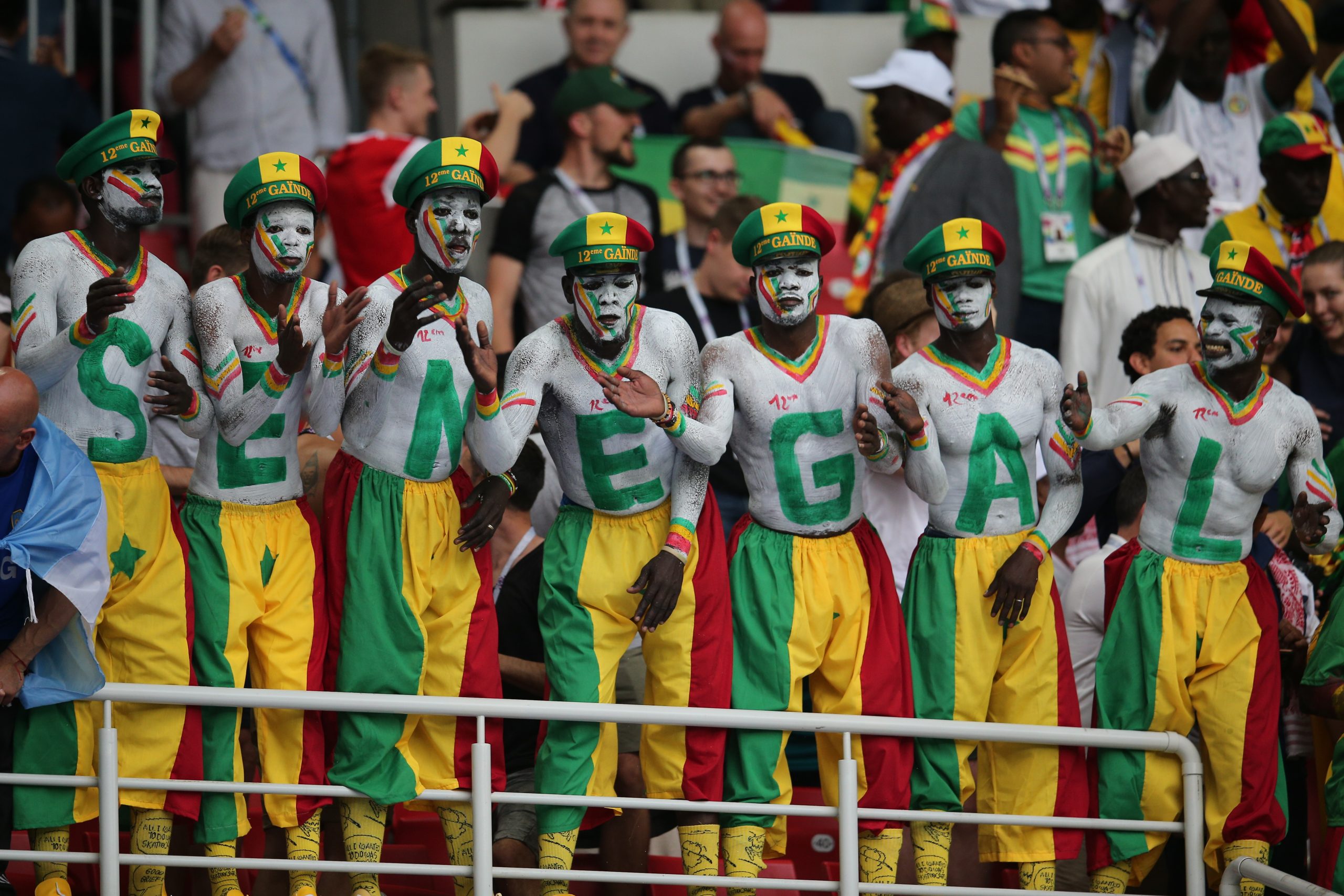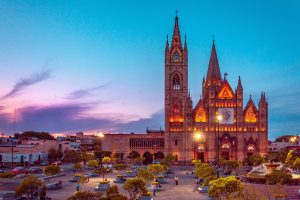
Africa has produced some of the biggest players in football history. At certain points, some even combined to form teams with squads that looked like they could beat anyone on paper. Despite that, the hopes of going far in the biggest sporting event were often shattered for different reasons. That doesn’t change the fact that African teams left us with some iconic campaigns, standing out in World Cup history.
5. Nigeria 1994
Strangely, it took the biggest African nation six attempts to qualify for its first World Cup. But when they finally arrived in 1994, they made sure they won’t go unnoticed. Boasting remarkable kits, the Super Eagles displayed some of the best football in a tournament not short of excellent teams. That’s understandable with an attacking squad, including Jay Jay Okocha, Emmanuel Amunike, Samson Siasia, Finidi George, Rashidi Yekini, and Daniel Amokachi.
A top spot in a tough group including Bulgaria, Argentina, and Greece made them the third African team to reach the knockout rounds. In the round of 16, they were extremely close to a shock win over Italy owing to a 25th-minute goal from Amunike, but then came Roberto Baggio. The Italian forward, one of if not the best player in the tournament, equalized in the 88th minute and overturned the score in extra time to send Nigeria home, disappointed but proud.
4. Cameroon 1990
Playing the opening game of the World Cup is an excellent opportunity for a declaration of intent. Back in the day, it used to be against the reining champion rather than the host. This meant that Cameroon was the lucky one chosen to face Diego Maradona and Argentina. In their second-only tournament, without a single win to their name, the Indomitable Lions were expected to be an insignificant hurdle at the start of the Albiceleste’s title-defense campaign. Instead, they went on to win 1-0. “When I saw Maradona arriving at the stadium, I stopped my warm-up to ask him questions and take pictures with him,” Emmanuel Maboang recalled years later. Such was the gap in stardom.
A second-round ticket was secured thanks to a subsequent Roger Milla brace against Romania. Nowadays it seems normal for players in their late 30s to lead their teams. But back then, at 38, the striker wasn’t in the plans to make the squad if it weren’t for the intervention of Cameroon president Paul Biya. That decision proved itself crucial again in the round of 16, with another two winning goals against Colombia.
The magical journey ended in dramatic fashion. Cameroon faced England in the quarter-finals, overturned a goal from David Platt, and held on to their lead until Gary Lineker equalized with an 83rd-minute penalty. The Three Lions legend scored another from the spot at extra time, finalizing the score at 3-2. Cameroon’s top-eight exit was a first for an African nation and the only one until 12 years later.
3. Ghana 2010
The first World Cup held in Africa brought high hopes to football fans in the continent. Perhaps the teams representing them will finally fulfill their potential. The side expected to go furthest was Ivory Coast, led by Didier Drogba, Yaya Toure, and a bunch of other world-class players. Instead, it was Ghana, with the youngest squad in the tournament and relatively inexperienced players who surged through to the knockout round.
There, they overcame the USA with an overtime winner from Asamoah Gyan. In their first-ever quarter-finals, the Black Stars confronted Uruguay, also hungry for World Cup success after decades of disappointment. The clash between them is now carved in stone as one of the classic games in the tournament’s history. Ghana was denied an overtime winner by Luis Suarez, who was standing on the goal line and stopped the ball with his hand. Gyan missed the penalty; the game went to a shootout which the Black Stars lost, shattering the hopes of a first-ever African team in a World Cup semifinal. At least, from Ghana’s perspective, revenge was served cold in 2022.
2. Senegal 2002
Opinions were split about Bruno Metsu’s team’s potential coming into the first tournament held in Asia. On the one hand, they had a talented group of players, mainly coming from Ligue 1, and had finished second in the African Cup of Nations taking place a few months before. On the other, it was their debut tournament, and they were drawn into a tough group, with reining champions France, Denmark, and Uruguay.
But just like Cameroon in the opening game 12 years prior, the Lions of Teranga took the opportunity offered to show what they came for. The team’s two stars, El Hadji Diouf and Papa Bouba Dioup, combined to shock the world and scoring the only goal in a 1-0 win over Les Bleus.
Two subsequent draws, 1-1 with Denmark and 3-3 with Uruguay, were enough to clinch second place and a ticket to the knockout. In the round of 16, they came as underdogs to beat a strong Swedish side thanks to two goals from Henri Camara. They were expected to continue their cinderella story in the quarter-finals against Turkey. Unfortunately, they couldn’t live up to the expectations they set for themselves and somehow came out disappointed from a tournament they finished in the top eight.
1. Morocco 2022
All arrows were pointing in this direction. The second largest continent in terms of population, boasting teams with excellent squads and star players at any given moment, never managing to send a representative to a World Cup semis. Decades of disappointment. And then came Morocco.
It might be that they are a part of the Arab world and seized the opportunity that they enjoyed home support throughout the tournament in Qatar. Or they could be an excellent team led by a fantastic coach.
The Atlas Lions’ 2022 campaign stands out not only because they’re the first African team to reach the World Cup final four but also because of how they got there. A first-place finish in a group including Belgium and Croatia, followed by knockout wins over Spain and Portugal. Walid Ragregui knocked out European giants one by one and sent Cristiano Ronaldo to depart from the World Cup for good earlier than expected.
The football was pragmatic, showing discipline and solid defense alongside skill and creativity when required. Ironically, their best-attacking performance was in the semi-final loss against France. The Atlas Lions created chances galore but lacked a finishing touch and were punished twice.
Hakim Ziyech and Achraf Hakimi were already household names, with Sofyan Amrabat, Azzedine Ounahi, and Yassine Bounou making sure they were joining them. Morocco’s success put on the table many geopolitical issues surrounding African football, including players born in Europe but choosing to play for their ancestral country, post-colonialism, and more. Is this just the start of a phenomenon or a one-off? Only the future can tell.



